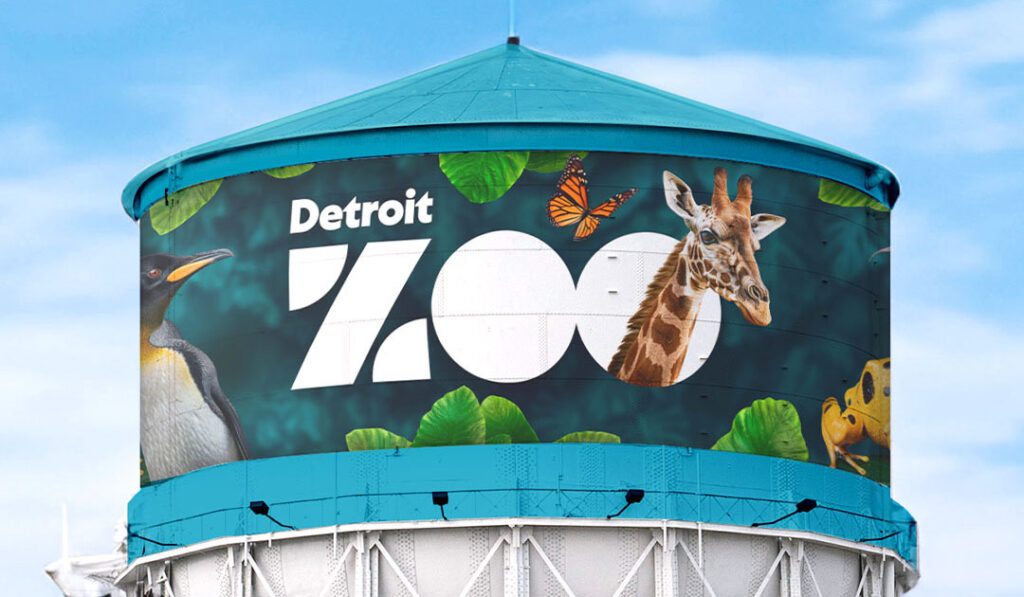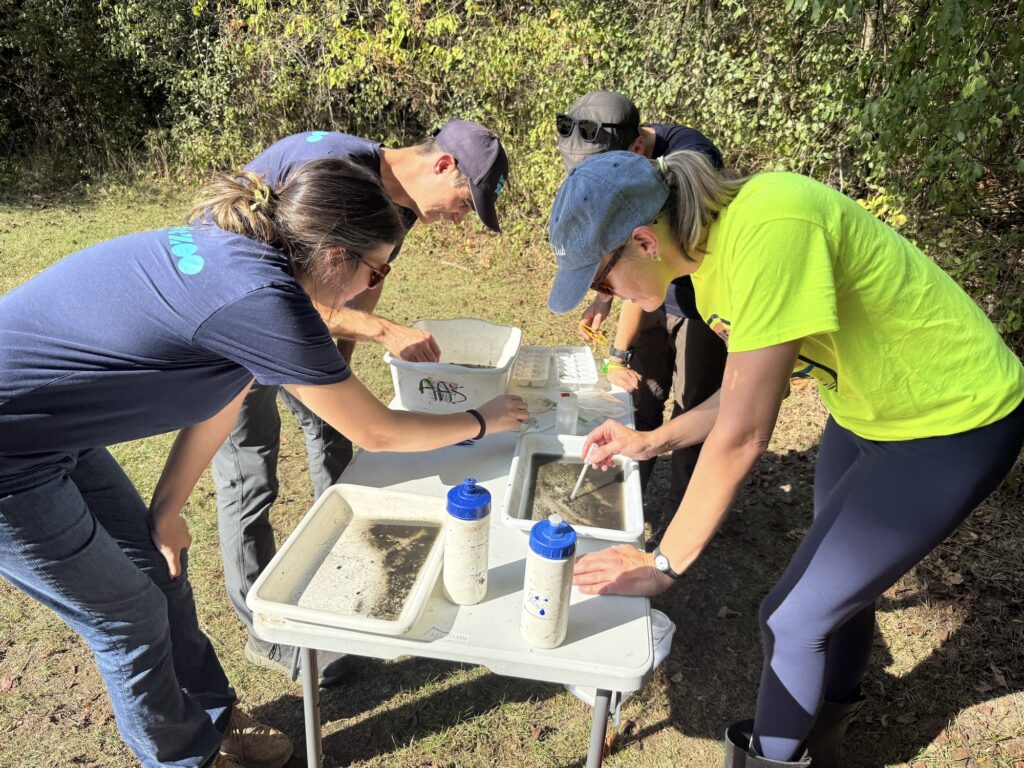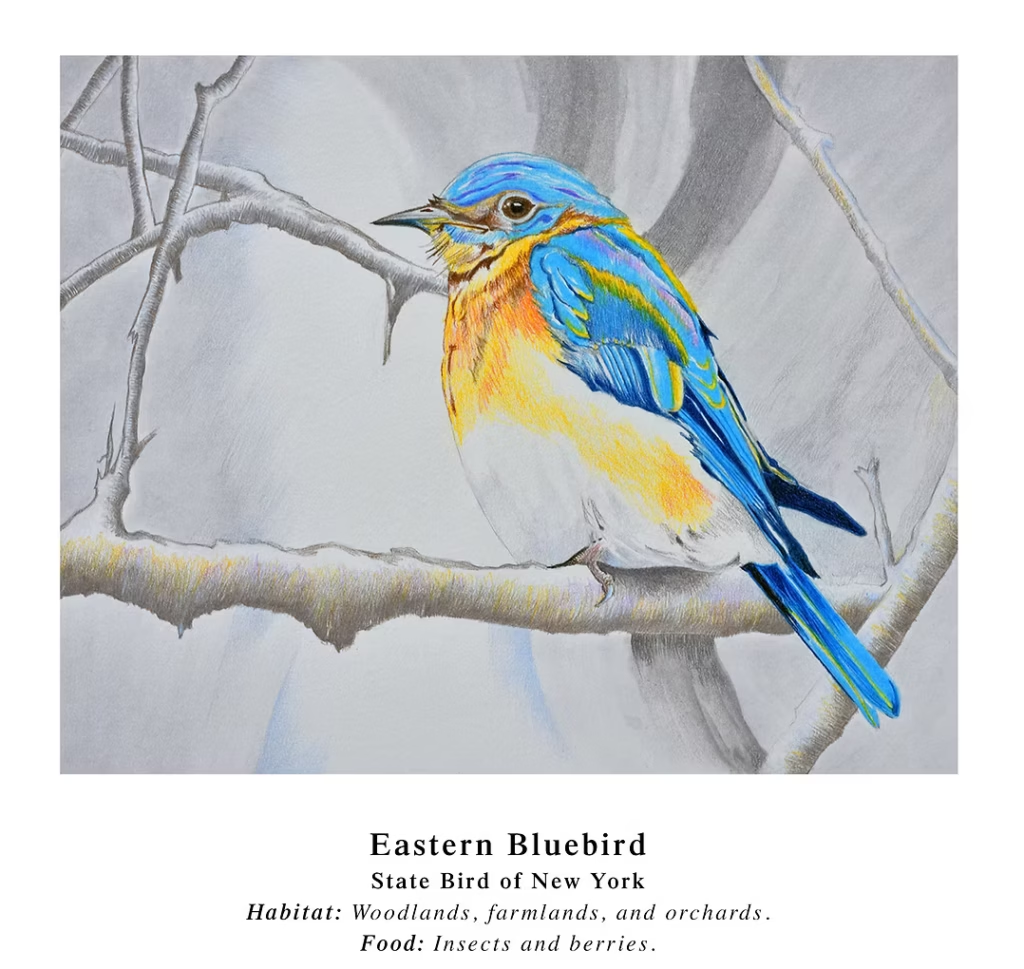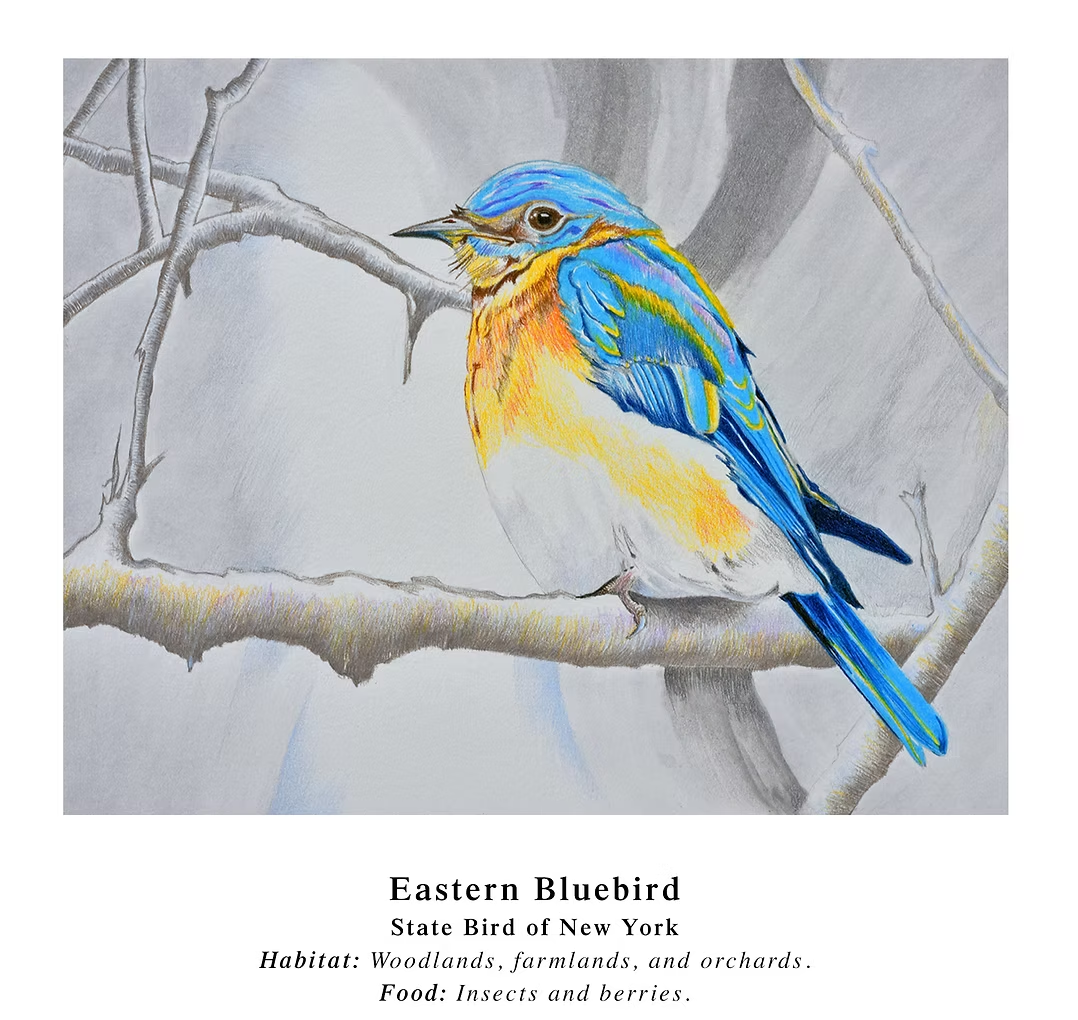This year, we asked Planet Detroit readers to pitch their best ideas for sustainable, locally grounded gifts. From dozens of submissions, we selected a small group of Detroit-area picks that reduce waste, support local organizations, and keep holiday spending close to home. These options prioritize experiences, regional conservation, public transit, and Detroit-made goods.
Have a local idea you think belongs here? We’ll continue to consider suggestions until Dec. 31. Pitch your idea here.
Detroit Zoo membership

What it is: A one-year membership to the Detroit Zoo, with free general admission and member benefits.
Why it’s a good pick: Supports local conservation work and offers a low-impact, experience-based gift for families.
Cost: Family memberships start at $149, with $10 off for residents of Wayne, Oakland, and Macomb.
Buy: https://detroitzoo.org/membership/
DDOT & SMART DART pass

What it is: A regional transit pass that works on both DDOT and SMART buses across Metro Detroit.
Why it’s a good pick: Encourages low-carbon travel and provides an accessible, practical gift for commuters or students.
Cost: Single-ride and day passes range from $2–$5. A 31-day fare is $70.
Buy: https://www.smartbus.org/
Huron-Clinton Metroparks annual pass

What it is: An annual vehicle pass to 13 Metroparks across Southeast Michigan.
Why it’s a good pick: Supports regional parks and makes outdoor recreation more accessible year-round.
Cost: Around $35–$45 per year.
Buy: https://www.metroparks.com/shop/
Local watershed council memberships
What it is: Gift memberships to Metro Detroit’s four major watershed organizations — the Clinton River Watershed Council, Huron River Watershed Council, Friends of the Rouge, and Friends of the Detroit River.
Why it’s a good pick: These nonprofits restore rivers, monitor water quality, remove trash, train volunteers, and protect wildlife habitat across Southeast Michigan. Membership directly supports on-the-ground stewardship in the communities where we live, work, and recreate.
Cost: Most household memberships range from $25–$55, depending on the organization.
Buy:
- Clinton River Watershed Council → https://www.crwc.org/become-a-member/household
- Huron River Watershed Council → https://www.hrwc.org
- Friends of the Rouge → https://therouge.org
- Friends of the Detroit River → https://www.detroitriver.org/donate
PASG Outdoors – Michigan camping trip guides

What it is: Curated Michigan camping and adventure itineraries made by a Detroit-based outdoor planning service.
Why it’s a good pick: Encourages local travel and connects people to Michigan’s parks and forests without long-distance trips.
Cost: Pricing varies by itinerary; most fall in the $30 – $50 range.
Buy: https://pasgoutdoors.com/itineraries
Preva Body (Detroit-made skincare)

What it is: Small-batch whipped shea butter and body products made by a Detroit-based skincare brand.
Why it’s a good pick: Locally made personal-care products with simple ingredients and minimal packaging.
Cost: Typically $10–$30, depending on size and formula.
Buy: https://www.prevabody.com/
Groganbirds note cards

What it is: 5×7 note cards featuring original bird illustrations by Detroit artist Jim Grogan.
Why it’s a good pick: Locally produced artwork inspired by Michigan wildlife, suitable as cards or small framed gifts.
Cost: Prices vary; individual cards or multi-packs generally range from $5–$20.
Buy: https://www.groganbirds.com/


